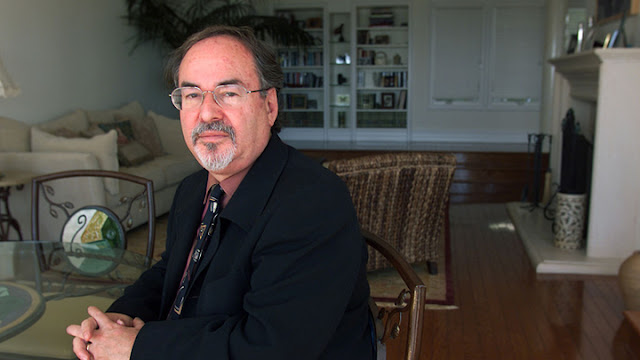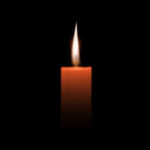David Horowitz, the prominent conservative commentator, author, and political activist, passed away on Tuesday at the age of 86 following a prolonged battle with cancer. His death was announced by the David Horowitz Freedom Center, the conservative think tank he founded and championed throughout his later years.
Horowitz’s life was marked by an extraordinary ideological transformation, shifting from a radical Marxist in his youth to one of the most vocal advocates for conservative values in the United States.
Born in Queens, New York, Horowitz was raised by parents who were members of the American Communist Party. His early exposure to radical politics deeply shaped his worldview and led him to pursue academic studies that aligned with his interests in political theory and activism.
He earned a Bachelor of Arts degree from Columbia University and went on to receive a Master’s degree from the University of California, Berkeley—both institutions at the heart of 20th-century American intellectual life. In the 1960s and early 1970s, Horowitz was deeply involved in the New Left movement, writing extensively and working alongside prominent radical figures.
But after a series of personal and political disillusionments—most notably the 1974 murder of his friend Betty Van Patter, which he attributed to the Black Panther Party—Horowitz experienced a political and moral reckoning that set him on a conservative path.
He spent the remainder of his life critiquing the political left, becoming a powerful and often controversial voice in American media and publishing. Through books, lectures, and the work of the David Horowitz Freedom Center, he advocated for free speech, limited government, and a strong national defense. His numerous books, including Radical Son, The Professors, and Unholy Alliance, blended memoir, political philosophy, and criticism of progressive ideologies.
His son, Benjamin Horowitz, a well-known technology entrepreneur and co-founder of the venture capital firm Andreessen Horowitz, shared a personal obituary highlighting his father’s legacy in media and activism. The tribute included an anecdote about David’s brief but joyful phone call with former President Donald Trump, which occurred last year while David was hospitalized.
“President Trump’s face immediately lit up and he insisted that Benjamin get David on the phone immediately,” the obituary noted. “Hospitalized and weak, David was still delighted to speak with the President.”
Beyond politics, Horowitz was remembered by his family as a man who was deeply committed to truth and intellectual rigor, but also as a loving father and husband. He is survived by his wife, April Mullvain, his sons Benjamin and Jonathan, and his daughter Anne. His daughter Sarah Rose preceded him in death in 2008. Mullvain, who stood by his side in his final years, was his fourth wife.
“In the end, David helped countless people and expended every fiber of his being pushing society towards freedom,” his family wrote. “He may not have saved the world, but he most certainly made it a better place – especially for us. He was our superhero and we will love him forever.”
Horowitz leaves behind a complex and compelling legacy—one defined by intellectual courage, unflinching convictions, and a relentless pursuit of what he believed to be moral clarity in the political arena. Whether admired or criticized, he remained a singular figure in American public life, unwilling to compromise his beliefs and always ready to challenge the ideological status quo.



